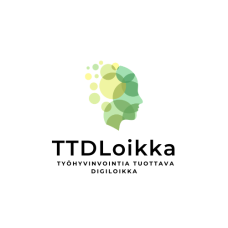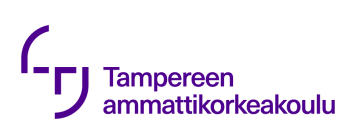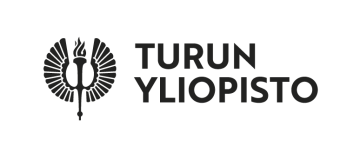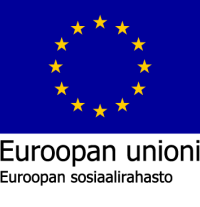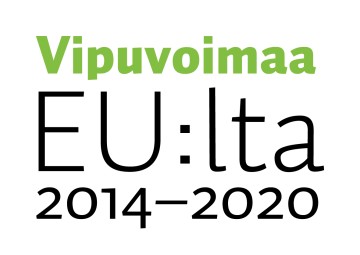TTDLoikka – Wellbeing at Work from Digitalisation (WWFD)
Wellbeing at Work from Digitalisation (WWFD) – benefits from data economy and automation
Goals
The goal is to develop a model and a toolbox, with which employees in SMEs can better take advantage of opportunities introduced by automation and data economy as part of their everyday work in post-Covid-19 era. These are broad and cross-cutting subjects, which is why we need a novel training model to address the issues. Worker wellbeing is in central of WWFD encouraged digital leaps: knowledge worker under constant pressure to go digital is both the target and the agent in this transformation. WWFD places the knowledge worker in control of digitalisation: the model provide professionals with fair, transparent, participatory, sustainable, and communicative practices to manage and develop their work as part of the overall business development of the SME – working in a networked community of businesses.
The project is set for two years from 1 September 2021 to 31 August 2023, and it is conducted by the University of Turku (Turku School of Economics, the coordinating institution) and Tampere University of Applied Sciences. Project is mainly funded by the European Social Fund (ESF). The project is funded as part of union’s reaction to Covid-19 pandemic.
Project in Action
The project consists mainly of the following entities:
TP1: Worker-oriented initial mapping of challenges in training for automation and data economy.
TP2: Planning and creating the initial WWFD training model.
TP3: Piloting the WWFD model and evaluation of the results.
TP4: Productisation of WWFD digital leaps and best practices.
Results and publications
The project involves 30 SMEs and 70 individuals in Southwestern Finland and Tampere region.
As a final product, the project publishes a Wellbeing at Work from Digitalisation – WWFD model, which describes the key opportunities for digitalisation related to data economy and automation and tools for training them to employees. It includes a framework for mapping the needs and the priorities for training that encourages continuous learning. The model is developed in close cooperation with participating SMEs: In the initial mapping, we will identify the central challenges and goals for which data economy and automation will offer solutions to. We aim at mapping the existing potential and future opportunities for digitalisation that supports worker wellbeing. Based on the mapping, we will create, pilot, and further develop a training model that includes solutions to the identified issues, namely, the training sessions’ structure and contents. The model will offer sustainable (integration), adoptable (feedback), and effective (measuring) practices that will be productized during the project.
The project thus deepens understanding on the skills and knowledge still lacking in the fields of data economy and automation, and helps to recognise the skills still needed to ensure success in digitalisation. To work towards this end, a practical toolbox is created to gain the knowledge and to address the issues discovered. All this aims at supporting organisations in becoming more productive and increasing worker wellbeing. Moreover, we offer insights to successful training of international talent and challenges in digitalisation and worker wellbeing brought by the Covid-10 pandemic.
Publications, events, news
- News: Data economy challenges skills and worker wellbeing in SMEs 7.1.2022
Cooperation – SMEs are welcome to join!
We now have around 20 partnering SMEs, so we still welcome more firms to join. If you are interested in opportunities offered by data economy and automation, but you don’t know where to start, join us! If you feel that data economy or automation will be part of your company’s future, but don’t think you are prepared, contact us, and let’s chat about what we have to offer you.
For further information: Project leader, Jani Koskinen, jasiko@utu.fi, puh. +358 40149 7566.
Project staff


